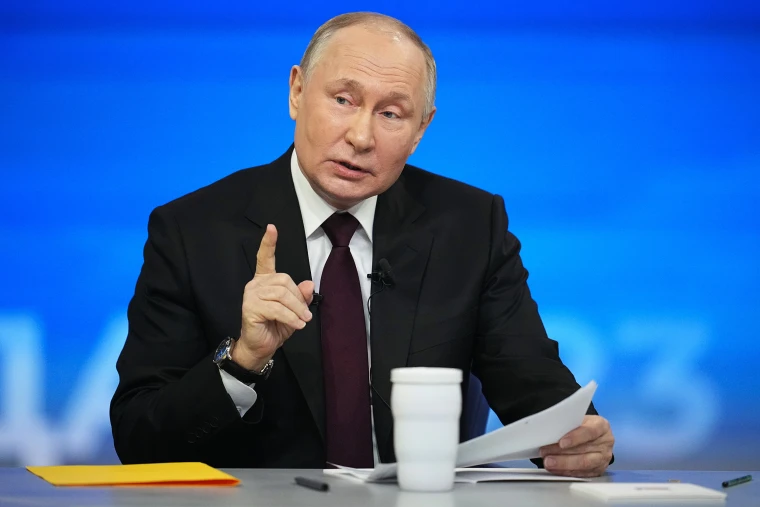
Russia’s Foreign Ministry on Tuesday demanded that Israel immediately cease its “illegal” strikes on Iran’s nuclear facilities, warning that continued assaults could trigger a “nuclear catastrophe.” In a statement issued in Moscow, the ministry accused certain Western powers of exploiting the situation to score political points.
“The ongoing intensive attacks by the Israeli side on peaceful nuclear facilities in the Islamic Republic of Iran are illegal from the point of view of international law,” the ministry declared. It added that these operations “create unacceptable threats to international security” and cautioned that any misstep could have global repercussions “including in Israel itself.”
Highlighting the protected status of the targeted sites, the statement urged Israel’s leadership to “immediately cease the raids on nuclear installations and sites that are under safeguards and are objects of IAEA verification activities.” By striking locations under the International Atomic Energy Agency’s oversight, Moscow warned, the global non-proliferation regime risks serious damage.
The Foreign Ministry also criticised unnamed Western governments, accusing them of acting “out of opportunistic considerations” by endorsing Israel’s campaign. “It is obvious that attempts by the Western bloc to manipulate the global nuclear nonproliferation regime and use it to settle political scores with undesirable countries are extremely costly for the international community and absolutely unacceptable,” the statement said.
Russia further noted Iran’s own adherence to its treaty obligations, praising Teheran’s “unwavering commitment” to the Nuclear Non-Proliferation Treaty and its “readiness to resume contacts with the United States.” Moscow insisted that a diplomatic approach remains the only viable path to ease tensions: “A solution to the conflict could be ensured only through diplomacy and negotiations.”
This strong rebuke from Moscow adds fresh pressure on all parties involved as international stakeholders assess the risks of further escalation in the Middle East and the potential undermining of long-established nuclear safeguards.
The article was originally published on Politics Nigeria.



